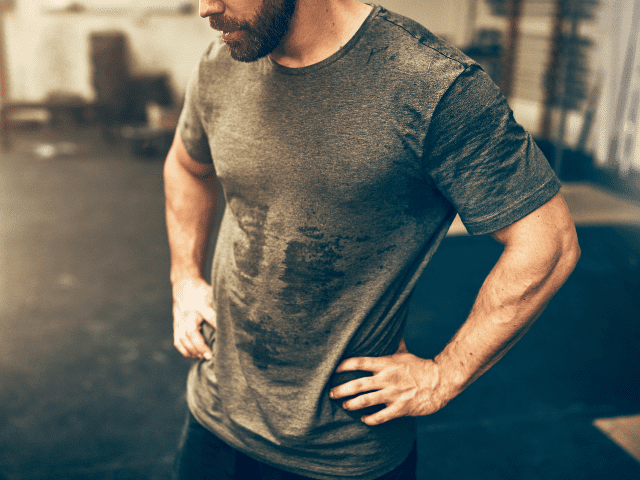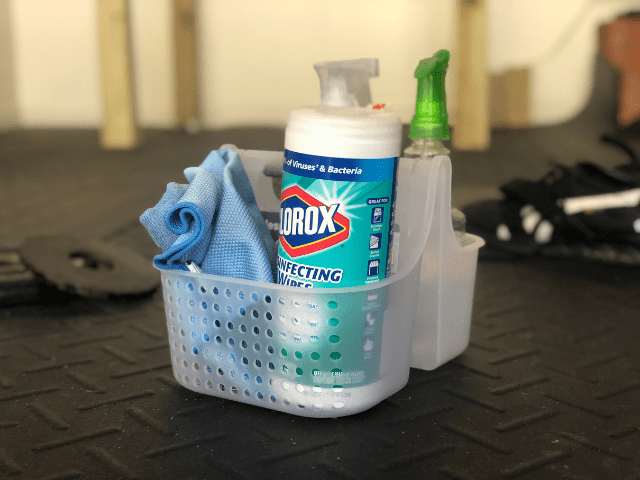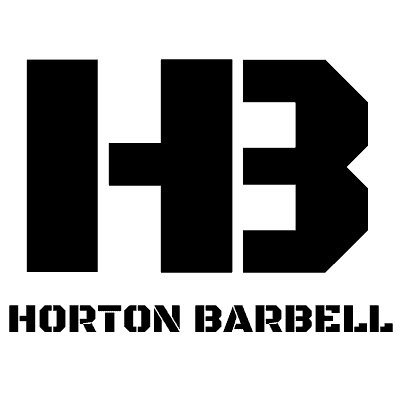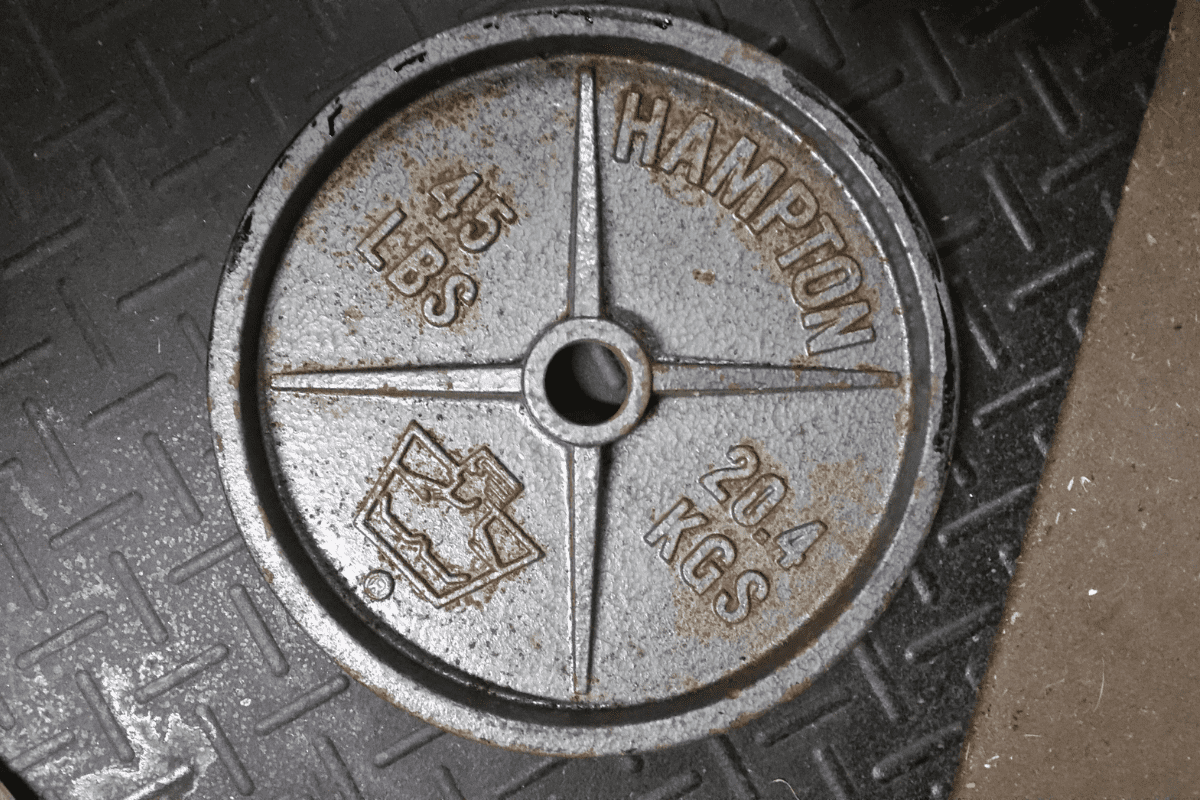Will Gym Equipment Rust in a Garage? (Yes, but you can prevent it!)
Building and outfitting a garage gym is one of the best investments you can make if you’re a workout warrior. The last thing you want is for your investment to get ruined, which begs the question: will your gym equipment rust in the garage?
Good news and bad news. Bad news first.
Yes, your gym equipment will absolutely rust in your garage. Especially, if you live in a hot and humid environment. Even more so if your garage isn’t part of your Central AC (most are not).
Now the good news.
Rust on your equipment is easily preventable in your garage gym. It doesn’t even take a ton of time or effort (or money!). All you need are the proper tools and consistency.
What Makes Gym Equipment Rust?

Moisture and more specifically sweat will wreak havoc on your garage gym equipment. Barbells, steel plates (aka iron plates) and racks will rust in a temperature-controlled gym. In a garage where moisture and sweat are cranked up to a thousand, the rusting process happens even faster.
So, before we get into how to prevent rust on your weights, it helps to first know why your equipment rusts.
The main culprit that causes gym equipment – steel gym equipment – to rust is water. Water molecules can penetrate iron and steel at the microscopic level. The hydrogen atoms (H2O) in water then combine with other elements to form acids which cause more metal to become exposed.
Finally, oxygen molecules from water and the air combine with metallic atoms to form a destructive oxide compound.
This combination is what causes rust and corrosion on your barbells, steel plates and racks.
Here is the kicker. If chloride is present, this entire process is expedited. The best example of this is seen with saltwater affecting outdoor exercise equipment near the ocean. In your garage gym, though, this “saltwater” comes in a different form: sweat.
Why Does Sweat Make My Equipment Rust?
The salt and sodium chloride, found in our sweat along with other chemicals contribute to rust even more so than just water would. If the sweat has high salt content, that salt component is an even bigger contributor to rust.
If you live up north and you’ve seen what salt on roads in the winter can do to cars then you should have a good idea of what is happening to your gym equipment.
Urea and lactic acid found in sweat contribute as well but to a much less degree.
Relative Humidity and Rust
Another aspect of your garage that doesn’t help with your equipment rusting is the relative humidity. Research has been done that shows when relative humidity goes from 40% to 60%, the effects of rusting greatly increase.
Depending on where you live, this can be a huge problem. Here in Georgia, it’s currently about 90 degrees with 90% humidity. While my garage may not be quite that, it can’t be too far off.
If that sounds like your garage, then I’d strongly recommend getting a dehumidifier, at least for the summer months. By keeping the humidity down in your garage you can combat the constant onslaught of moisture attacking your home gym equipment 24/7.
Set it at around 40-45% humidity and let it go to work for you.
If getting a dehumidifier is not an option, then at least leave your garage door open for a bit after you finish working out. If you can have a fan blowing, even better.
Essentially, you want all the extra moisture caused by your own sweating a chance to leave the garage. By closing the door immediately after a lift, you’re just contributing to the problem.
How Do I Prevent Rust on My Gym Equipment?

Now that I’ve told you your garage is a nightmare scenario when it comes to gym equipment rust, let me give you the good news. Preventing rust on your equipment is easy to do and won’t take up a ton of time.
Just like a good workout plan, all it takes is commitment and consistency.
You have to commit to wanting to take care of your equipment. I know this seems overly basic, but most barbells and racks end up going to crap through sheer neglect. For whatever reason, most people just don’t take care of their weights.
Second is consistency. Consistency is putting that commitment into action.
First, let’s go over what materials you’ll need:
- Clean Cloth, Rags and/or Towels
- Soap Solution (I like Dr. Bronner’s Castile Soap)
- 3 in 1 Oil
- Nylon Brush
You should have a daily routine and a monthly (possibly a little more or less depending on your conditions and lifting schedule) routine.
For daily purposes, I use two towels. I use one towel with a solution made of general cleaning soap and water. I use this to wipe down all the equipment I used that day.
The other towel I use to wipe off any excess soap and water. The whole process takes me a couple of minutes, tops.
This daily wiping down of your gym equipment will help keep sweat, dust and anything else from accumulating on your equipment.
Then, once a month, I use 3 in 1 oil and a nylon brush. I use this to clean down my barbell (I wrote an entire article on cleaning and maintaining your barbell if you’d like more info), the centers of my bumper plates, and any high-use areas of my rack.
This takes a little longer than just a basic wipe-down, but it’s not a lengthy process either. Apply the 3 in 1 oil and let it soak into the steel for a few minutes. (Make sure to use a piece of cardboard or plastic to catch any excess drippings)
Then use the nylon brush to scrub all the chalk, sweat, dust and general funk that builds up on the bar (especially the bar), plates and rack over time.
Read More:
The ‘Finish/Coating’ on Your Equipment Matters
If you’re concerned about rust then consider the finish (aka coating) on your gym equipment, in particular your barbell. Different finishes all come with unique pros and cons and one of those is their ability to protect against rust.
Some finishes, like Bare Steel and Black Oxide do not offer much protection against rust. On the other hand, a barbell with a Stainless Steel or Cerakote finish is very resistant to rust.
If rust is one of your biggest concerns when purchasing equipment, then taking into consideration what kind of finish is on your barbells and racks is something to strongly consider.

Get Shredded… For Free
Get a free workout Monday through Friday, posted right here on Horton Barbell. These workouts are designed to help you get strong, in shape and look great at the beach!
Final Thoughts
Your gym equipment gathering rust in your garage is a genuine concern you should have. Between the sweat and humidity in your garage, it’s a literal breeding ground for rust. None of this equipment comes cheap and it’s way easier to take care of it than to have to buy it all again.
However, it doesn’t have to be that way. With a little commitment and consistency, you can keep your gym equipment looking and performing like new for years to come.
All it takes is a few minutes after each workout, and a little extra TLC once a month to keep rust from wreaking havoc on your garage gym.
Stay Strong! (and rust-free!)

